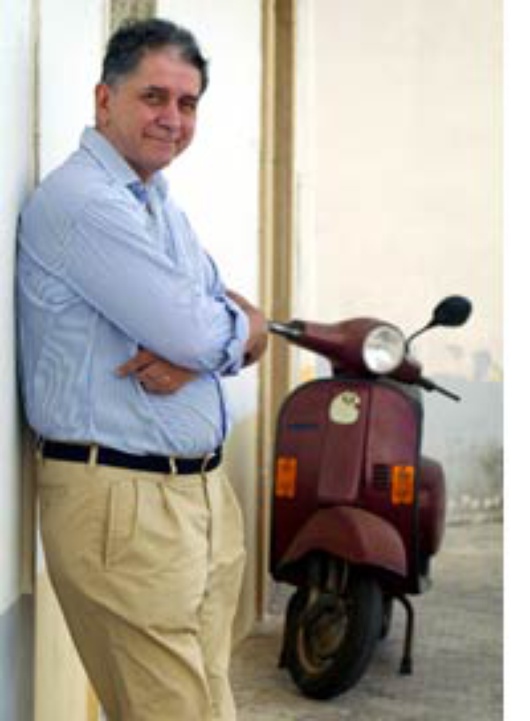The Buttiglione affair: Barroso's real choice
Published on
Translation by:
 Sarah Turpin
Sarah Turpin
The opposition of the European Parliament to Barroso’s proposed Commissioners should make him reflect on his choices. But what is really at stake is the nature of political relations between the Parliament and the Commission
 A parliamentary committee recently rejected Commission candidates Rocco Buttiglione and Laszlo Covacs and strongly criticised three of their colleagues, Neelie Kroes, Mariann Fischer-Boel and Ingrida Udre. Finally, the European Parliament, 25 years after it was first elected by universal suffrage, has assumed its proper responsibility: to decide who governs the European Union.
A parliamentary committee recently rejected Commission candidates Rocco Buttiglione and Laszlo Covacs and strongly criticised three of their colleagues, Neelie Kroes, Mariann Fischer-Boel and Ingrida Udre. Finally, the European Parliament, 25 years after it was first elected by universal suffrage, has assumed its proper responsibility: to decide who governs the European Union.
‘Anti-Catholic Inquisition’
Some observers have said that the moment of democracy has arrived. Others, such as Cardinal Renato Raffaele Martino, have cried out that this is an ‘Inquisition’ against the Catholic culture of Holy Communion. In reality, it is not only the title and portfolio of the Commissionership of Justice and Internal Affairs that is promised for Buttiglione, an Italian politician who speaks out against homosexuality and teenage mothers. What is really at stake here is the political balance between the European Parliament and the Commission. This episode marks the final chapter in the 50 year struggle between those who believe in the nation state as an antidote to the centralising bureaucracy of Brussels (intergovernmentalists) and those who believe that in Europe the conditions for the realisation of a democratic, federal and transnational government exist (federalists).
A couple of phone calls, and that mends everything?
The result could change the source of the European Commission’s legitimacy, making it less dependent on national capitals and inaugurating a real interdependence with the only democratically elected institution: the Parliament. Important decisions in the European Union should be taken by transparent and mostly controllable institutions, whereby a vote in the European Parliament can be not overturned by a few phone calls between two or three countries and a breakfast meeting between ministers. It is possible to achieve this by using action against the rising nationalism of the Community's institutions.
The risk of "under the counter" agreements
Due to the ‘undemocratic’ nature of decision-making in the European Union, there is a serious risk that the Buttiglione affair could serve only as an anecdote for experts on European law. As did the deal struck between the conservative European People's Party and the Party of European Socialists over the seat of President of the European Parliament. Similarly, the Socialists will not twist the knife further in on the judgement of the "hard-line conservative" Buttiglione and the Conservatives will not criticise the Socialist Covacs. Thus, on October 21st, when Barroso meets members of the European Parliament to discuss a vote of confidence for the Commission as a whole, the outcome will have already been decided. Buttiglione and co. can retain their posts (and their portfolios) in spite of the democratically elected Parliament and the supposed ‘Inquisition’.
Barroso must decide within the coming days on whom he wants to base the legitimacy of his Commission: either he can place a few phone calls to Rome or Paris and carry on the routine of normal life. Or he can give the Parliament more powers and publicly denounce the statements of his commissioner-designate, leaving Buttiglione out of his Commission and bringing democracy in.
Translated from Caso Buttiglione: la vera scelta di Barroso


